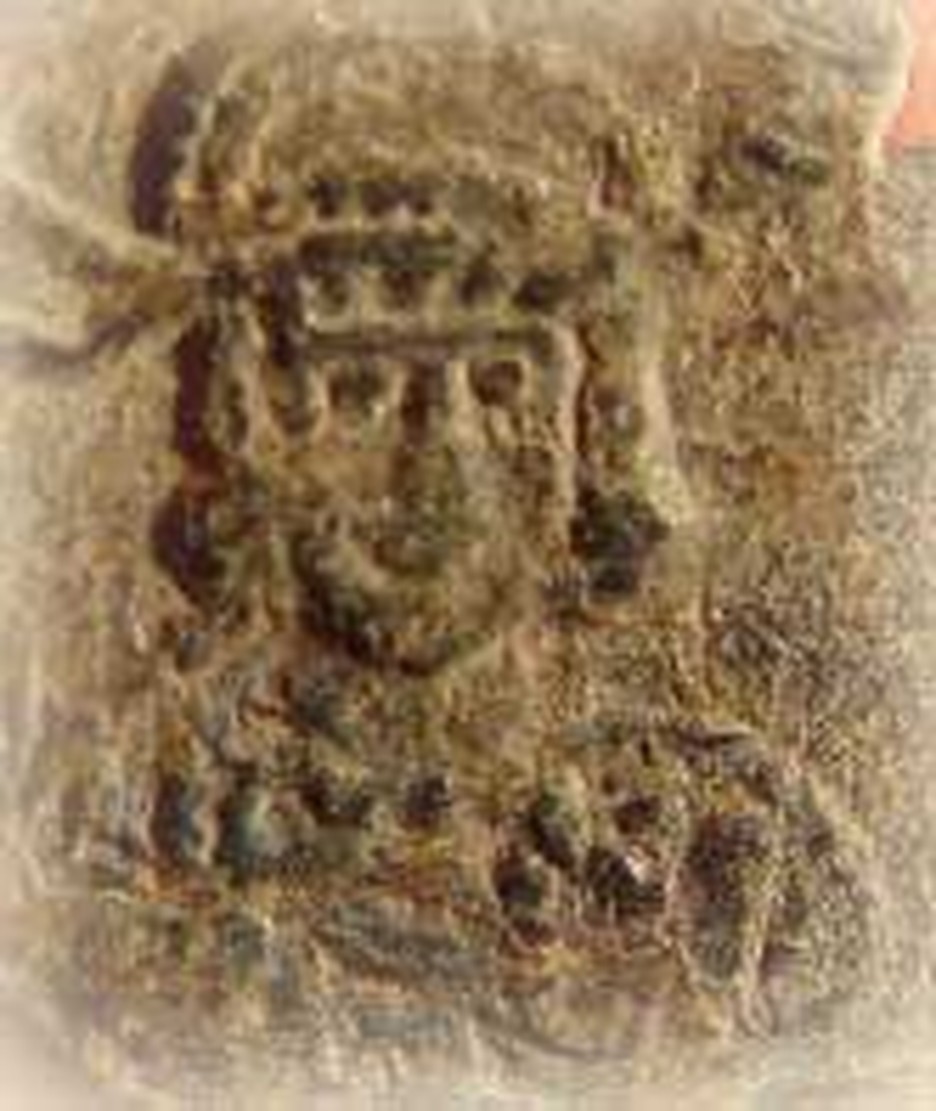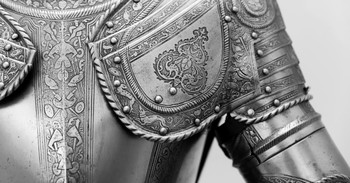
It has come." Eleven long months after the election of the latest pope, the emperor's approval had finally arrived. This wasn't the first time that such a long delay had occurred. In fact such delays were frequent. Messengers had to creep by land or sea to Constantinople, petition the emperor, wait for him to say "okay," and then creep back to Rome by the slow transportation of the day.
But now that it was official, Benedict could legally assume his church office. He was consecrated on June 26, 684.
Benedict "Johnson" (son of John) was a good candidate for pope. He had served the church with humility from the time he was a young man. A graduate of the Schola Cantorum (a school for singers established by Pope Gregory the Great), his education was above that of most men of his day. Not only did he sing well--which was important in the Roman Catholic form of worship (liturgy) that used Gregorian chant--but he was well-trained in the scriptures.
And he was known for his generosity. In the years before he became pope, he served as a priest, showing great love for the poor.
Benedict was pope not even two full years. Yet in that short time, he accomplished some good things. The first issue he dealt with was the slowness with which emperors confirmed popes in their jobs. Benedict convinced Emperor Constantine IV "the bearded" that popes did not need the approval of Constantinople to take office. The emperor agreed that his agent in Italy, the Exarch, could grant the approval.
Constantine appreciated Benedict and asked him to "adopt" his two sons, Justinian and Heraclius. He sent the pope locks of their hair in token of this arrangement.
Meanwhile, Benedict wrote letters to Spain, urging its churchmen to accept the decision of the sixth general council. This council had ruled against a heresy known as Monotheletism (which had to do with the nature of Christ). King Ervig called a council in Toledo, Spain and did as Benedict asked.
One of the Monothelites was named Macarius. This man had been a patriarch (one of the top bishops in the East) but was removed from office because of false beliefs. But Benedict wasn't one to just condemn and punish. He sent a special diplomat to plead with Macarius and see if he wouldn't turn back to the truth. But Macarius refused to change his mind.
Benedict restored several churches in Rome. But he did not live to do much else, for he fell sick in April 685. He soon died and was buried at St. Peters on May 8, 685.
Resources:
- Brusher, Joseph. Popes Through the Ages. Princeton, N.J.: Van Nostrand, 1959.
- Mann, Horace K. "Pope St. Benedict II." The Catholic Encyclopedia. New York: Robert Appleton, 1914.
- Montor, Chevalier Artaud de. Lives and Times of the Popes. New York: Catholic Publication Society of America, 1911.
- Various minor internet articles.


